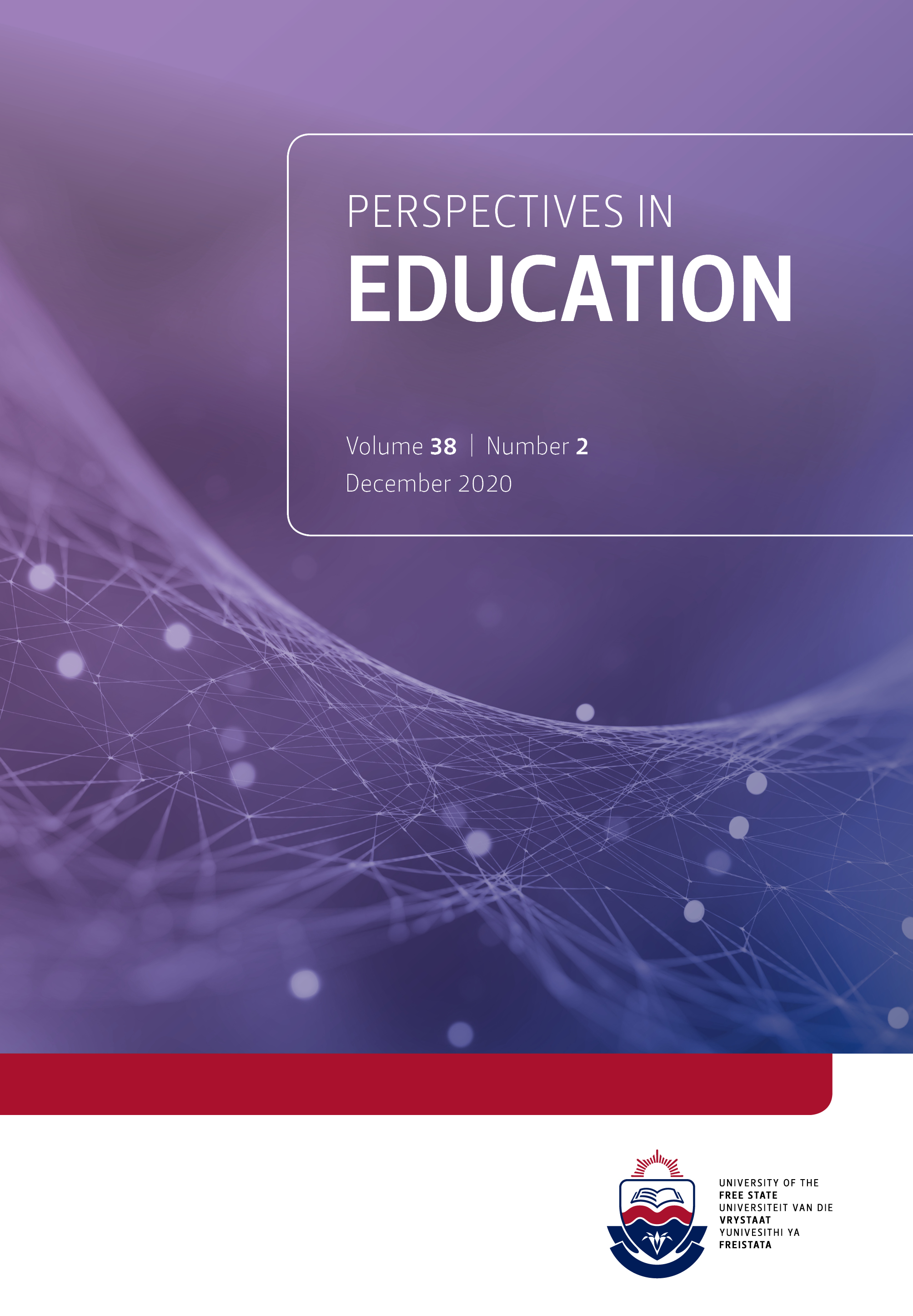Pedagogical approaches to develop social skills of learners with Autism Spectrum Disorder: Perceptions of three Foundation Phase teachers
DOI:
https://doi.org/10.38140/pie.v38i2.4388Keywords:
Autism Spectrum Disorder (ASD), Qualitative, Pedagogical approaches, Social skillsAbstract
There are limited studies into the exact pervasiveness of autism spectrum disorder (ASD) in sub-Saharan Africa, and fewer still into early intervention for learners with autism. This paper focuses on how three foundation phase teachers provided explicitly structured classroom experiences to develop social skills training, particularly independence, behavioural etiquette and self-esteem of their learners. Some learners with ASD do become well- adjusted independent adults, but others experience challenges in interpreting emotions or forming and sustaining healthy interpersonal relations. This study was underpinned by Vygotsky’s (1978) socio-cultural theory which highlights the importance of social learning in the education of children with disabilities. A qualitative research design and an interpretivist paradigm were used for generating the data needed to track the development. Three purposively selected foundation phase (FP) teachers in three different types of schools were selected as the sample. Three vignettes provide the background to the discussions. Knowing that ASD is characterised by order and disorder, some pedagogical approaches may generate new divisions, while those presented here have noticeably benefited the learners with ASD; the teachers created learning opportunities to elevate the social skills of their high functioning learners with ASD.
Downloads
##submission.downloads##
Published
How to Cite
Issue
Section
License
Copyright (c) 2020 Mrs Liezl Myburgh, Prof Janet Condy, Dr Elna Barnard

This work is licensed under a Creative Commons Attribution 4.0 International License.





